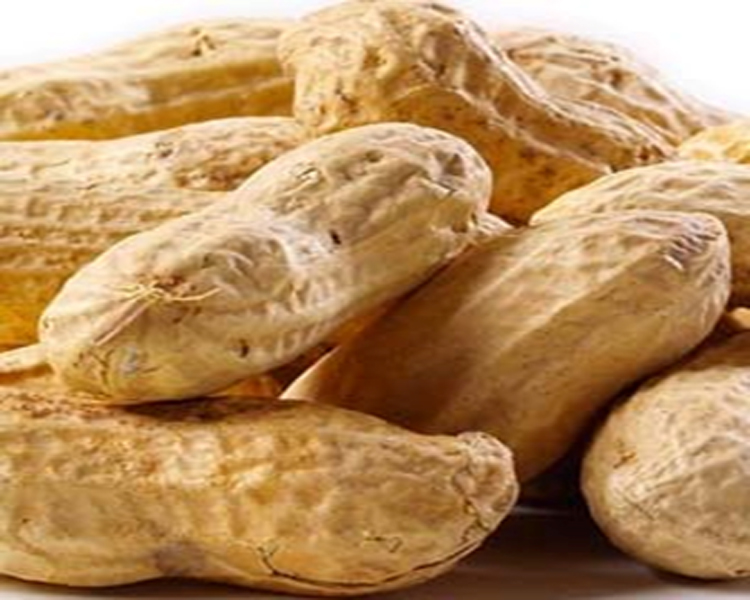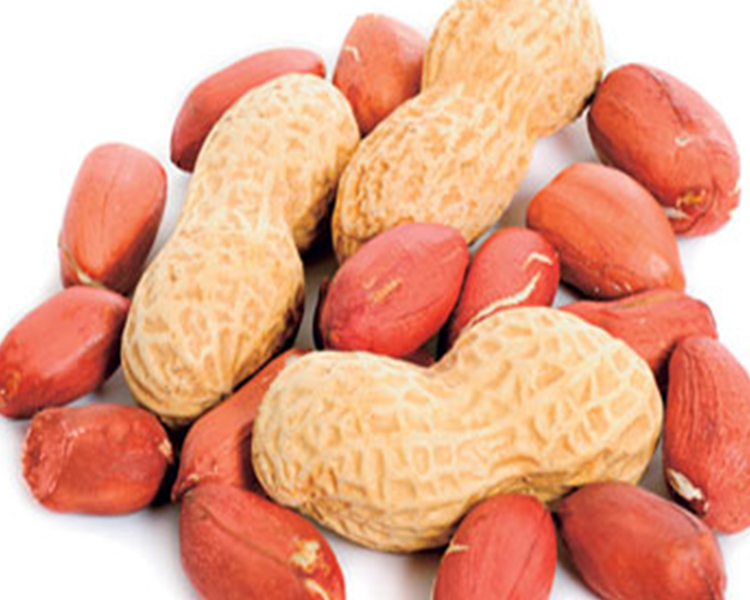Peanut
Peanuts are one of the most important oilseed crops, providing a significant source of concentrated calories essential for human and animal nutrition. They are used in many food industries and are among the major crops for oil extraction. Additionally, their byproducts (husks and shells) are utilized as animal feed. Peanuts are beneficial for humans, animals, and soil, as their seeds contain valuable nutrients and contribute to agricultural sustainability.
Components of peanuts.
- High oil content ranging from 40-60%.
- Protein content ranging from 16-28%.
- Contains important vitamins.
- Contains various minerals.
- Acids needed by the human body.
More information.
are considered a highly significant cash and food crop in Sudan. They are cultivated both under irrigation in clayey plains and rain-fed in sandy lands, particularly in the western region of Sudan, where Kordofan (especially North Kordofan) occupies a high percentage of production. The traditional rain-fed areas in the north and west of Kordofan are the primary regions for peanut cultivation in terms of both area and production. Additionally, peanuts are also grown in some clayey regions, relying on rainfall for irrigation.
In the irrigated sector, the H-383 and Muddeni varieties are cultivated, along with two other approved varieties, Ahmadi and Tawozi. In the rain-fed sector, the Sudri variety is grown, and recently, the Gabish variety has been approved. These varieties outperform the traditional variety by 20.7%, 19.7%, and 11.7% respectively.
- Clean, mature, and dry shells.
- Free from aflatoxin-contaminated peanuts.
- Minimum average number of peanuts per ounce: 70-80.
- Maximum 3% of empty, loose, or damaged shells.
- Maximum 5% impurities and foreign matter.
- Maximum 5% moisture content.


